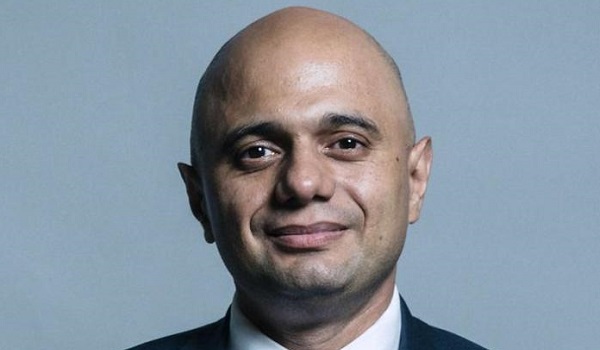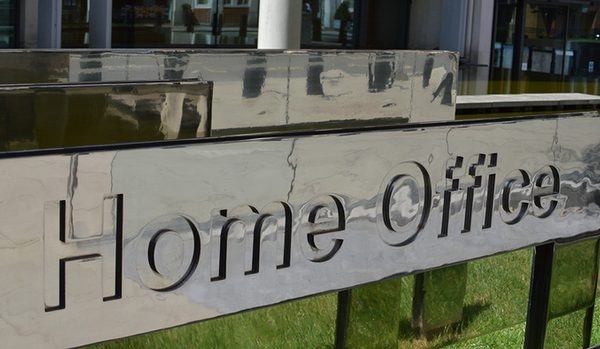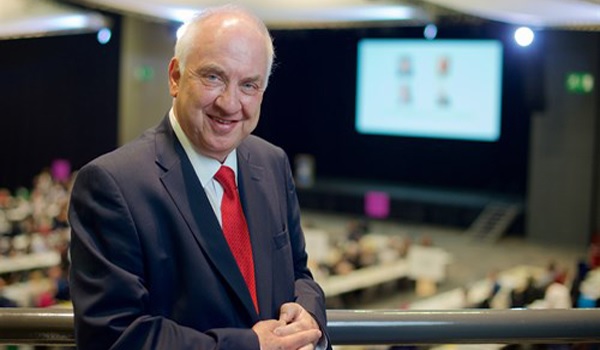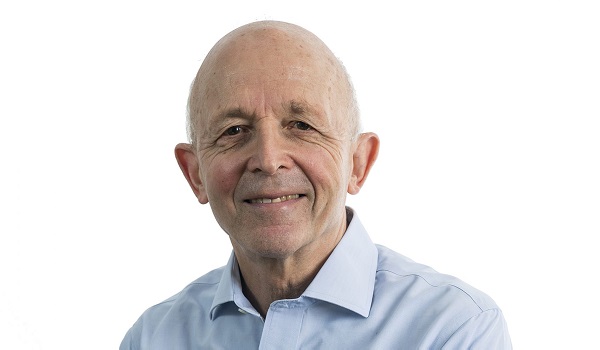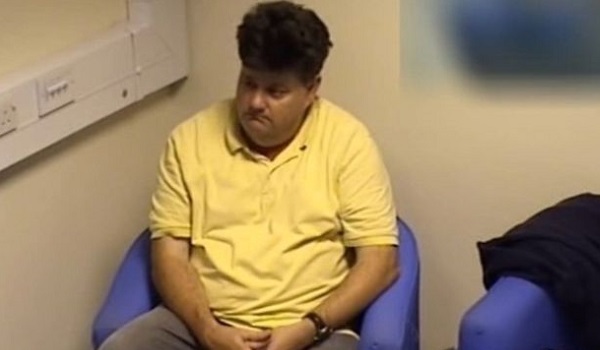PFEW: Time to reflect on whether prohibition is the most effective way of curtailing illicit drug use
Rank-and-file policing has called for a public debate on the future of drug legislation with mounting evidence from around the world of “effective” alternative approaches to the problem.
The Police Federation of England and Wales (PFEW) wants a rethink on enforcement to deal with “outdated” laws that are not working for modern Britain – a century after the introduction of prohibition.
Its message resounded after former Conservative Party leader William Hague urged Theresa May to legalise cannabis with the war against the drug “comprehensively and irreversibly lost”.
The PFEW intervention comes on the day Home Secretary Sajid Javid announced a review of the medicinal use of cannabis, which could lead to patients in the UK being prescribed drugs derived from the banned plant.
Mr Javid made a statement to the House of Commons in the wake of a series of appeals from parents who want their children to be able to access medications that can alleviate epilepsy and other illnesses, but he stressed that the class B drug would remain off-limits for recreational use.
His comments went further than many expected, ordering a review that goes beyond individual cases.
PFEW operational policing lead Simon Kempton said: “It is clear that the current legislation which prohibits the possession, consumption and supply of substances under the Misuse of Drugs Act 1971 does not work.
“The proliferation of drugs in this country is unchecked and the current situation is fuelling an illicit trade in not only drugs but weapons and the violence that comes with it.
“There is mounting empirical evidence of alternative approaches to the drugs problem around the world for us to explore which are more effective and bring far more benefits to society financially and with fewer people finding themselves in either medical or criminal justice systems.
“Although the police service will continue to uphold the laws passed by Parliament – a public debate is needed on the future of drugs legislation, incorporating health, education and enforcement programmes.
“Let me be clear – we are not supporting the legalisation of drugs or the de-criminalising of drugs we are simply saying that, 100 years after the introduction of prohibition in the UK, it is time to reflect on whether this is the most effective way of curtailing illicit drug use and the social problems that come with it.”
The latest comments come amid the controversy surrounding a severe epilepsy sufferer’s mother having cannabis oil confiscated at Heathrow airport after flying in from Canada last week.
Billy Caldwell’s condition quickly worsened to critical on Friday night (June 15) – prompting Home Secretary Sajid Javid to agree to return some of the cannabis oil, after doctors made clear it was a medical emergency.
The Government has faced mounting pressure to review the UK’s laws, however the Home Office has only gone as far as to admit a limited licence for the drug to be administered to the 12-year-old in hospital for 20 days.
Ministry of Justice figures show that enforcement of cannabis laws has collapsed over the past seven years. A number of policing leaders has already called for a new approach as research suggests that almost a third of the UK adult population – more than 14 million Britons – have used cannabis recreationally.
Meanwhile, former Policing Minister Sir Mike Penning has welcomed the news that the Home Office has granted six-year-old Alfie Dingley a special licence on compassionate grounds to use cannabis oil to treat his rare form of epilepsy.
Sir Mike told the House of Commons earlier this week that he was prepared to lead a group of MPs to go overseas to get the cannabis oil medication if the licence bid had been refused.
He said: “Numerous MPs offered to join me but I am very pleased that I will not have to go through with this, but I would have done it if I had needed to.
“We need to make sure that the law is changed so that access to cannabis-based medication is available to those who genuinely need and would benefit from it. Prescribed medical cannabis should not be treated the same way as cannabis used as a recreational drug.”
Theresa May has shot down Lord Hague’s intervention into the cannabis debate with a Downing Street spokesperson stating: “The harmful effects of cannabis are well known and there are no plans to legalise it.”
And then No 10 pushed the onus of cannabis use firmly onto police forces with the spokesperson adding: “The law is very clear. It’s for the police to decide how they take operational decisions on the ground.”
Mrs May was joined in a similar stance by the Home Office which is refusing to change the legal status of the drug.
In a statement it maintained: “The Government has no intention of reviewing the classification of cannabis under the Misuse of Drugs Act 1971 and it will remain a Class B drug.
“Any debate within government about the medicinal and therapeutic benefits of cannabis based medicines does not extend to any review regarding the classification of cannabis and the penalties for the illicit possession, cultivation and trafficking of cannabis will remain the same.”


